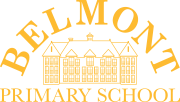Modern Foreign Languages
Intent
Our intent for the Primary French curriculum at Belmont primary school is for all pupils in KS2 to acquire the knowledge and skills which will lay the foundations for language learning not only at a primary school level but for the future.
We teach foreign languages with a view to giving a valuable educational, social and cultural experience to our pupils, and helping them develop productive skills (speaking and writing) and receptive skills (reading and listening) as well as intercultural understanding. At Belmont Primary School we believe that learning a second language gives children a new perspective on the world, it encourages them to understand their own cultures and those of others and in the case of MFL at Belmont that of France and French speaking countries around the world.
We recognize the value of teaching modern foreign languages and provide age-appropriate and, if needed, level-appropriate primary languages learning opportunities for all children in KS2.
We aim to sustain regular progression and smooth transition from one year to the next as well as prepare pupils to secondary school second language learning. We also aim to provide an added perspective on first language teaching and learning, and give an extra dimension to teaching and learning across the curriculum with enrichment activities such as Belmont’s French Day.
Implementation
French classes take place once a week in year 3 to 6 classes for 40 minutes. The MFL coordinator and French teacher is an experienced native primary specialist language teacher and applied linguist (MA). The MFL coordinator has designed a French syllabus for Belmont school which follows the National Curriculum in England’s Languages Programmes of Study for KS2 (Sept 2013) and she works closely with class teachers to ensure that she meets pupils’ needs and to facilitate cross-curricular activities.
Pedagogy and methodology
At Belmont school our children enjoy learning languages: our approach and pedagogy are based upon interactive communicative language teaching and every pupil - regardless of their SEN status of abilities - will learn through interactions with peers and language teacher. We use an array of materials such as videos, worksheets, PowerPoint presentations, interactive whiteboard games, traditional games, songs, role-plays and many more. Pupils learn through repetition, songs, role-plays and recasts of tasks; they also discuss and reflect on what makes languages special and different. This will give pupils a head start in language learning and instil an appetite for discovering, experimenting with and learning more languages.
At Belmont school we are very lucky to have speakers of many different languages and children use and share their own language knowledge to add depth to the lessons.
Home and remote learning
At Belmont, we understand the importance of being exposed to other languages at home and the value of parental involvement in language learning. Since the Spring 2020 lockdown, Belmont has had its own dedicated French website which pupils can access via their Google account; this way, children and their parents know what is taught in class and can consolidate their language learning at home. The French website has also an EY-KS1 page to encourage younger Belmont pupils to learn languages. Each KS2 year group also has its own French Google Classroom and receives optional French assignments and quizzes on topics taught in class. Belmont also subscribes to the language learning platform Linguascope which pupils can access from home.
Impact
Assessment, progress and attainment
The MFL coordinator has designed a progress ladder based on the Common European Framework of Reference for Languages (CEFR) to keep track of pupils’ progress and make sure they move forward on their primary language learning journey. The MFL teacher works with all KS2 children over a period of four years which allows her to notice progress first hand. All children have a French folder which they use from year 3 to 6; it contains speaking, listening, reading and writing work as well as revision sheets and end of year assessments. Thanks to the French folder, the progress of language learning can be seen year on year. Pupils take their French folder with them when they leave school therefore it can be used as evidence of MFL knowledge for pupils’ transition from primary to secondary school.
In the classroom
Class teachers are aware of the French syllabus and children are encouraged to inform their teachers of what they are learning in French. All classrooms have a French display to show pupils’ French activities and written work.
At home
The introduction of the Belmont French website and French Google Classroom and well as live online French classes during lockdown have helped raise the profile of foreign language learning at Belmont, and the BSHA has offered to pay for the online language learning platform Linguascope (linguagscope.com) to encourage language learning at home. Children can share their experience of using Linguascope and learning languages at home on French Google Classroom streaming.
Finally, Belmont school is very proud to count amongst its ex-pupils students who have studied French at GCSE, A level and even university level.

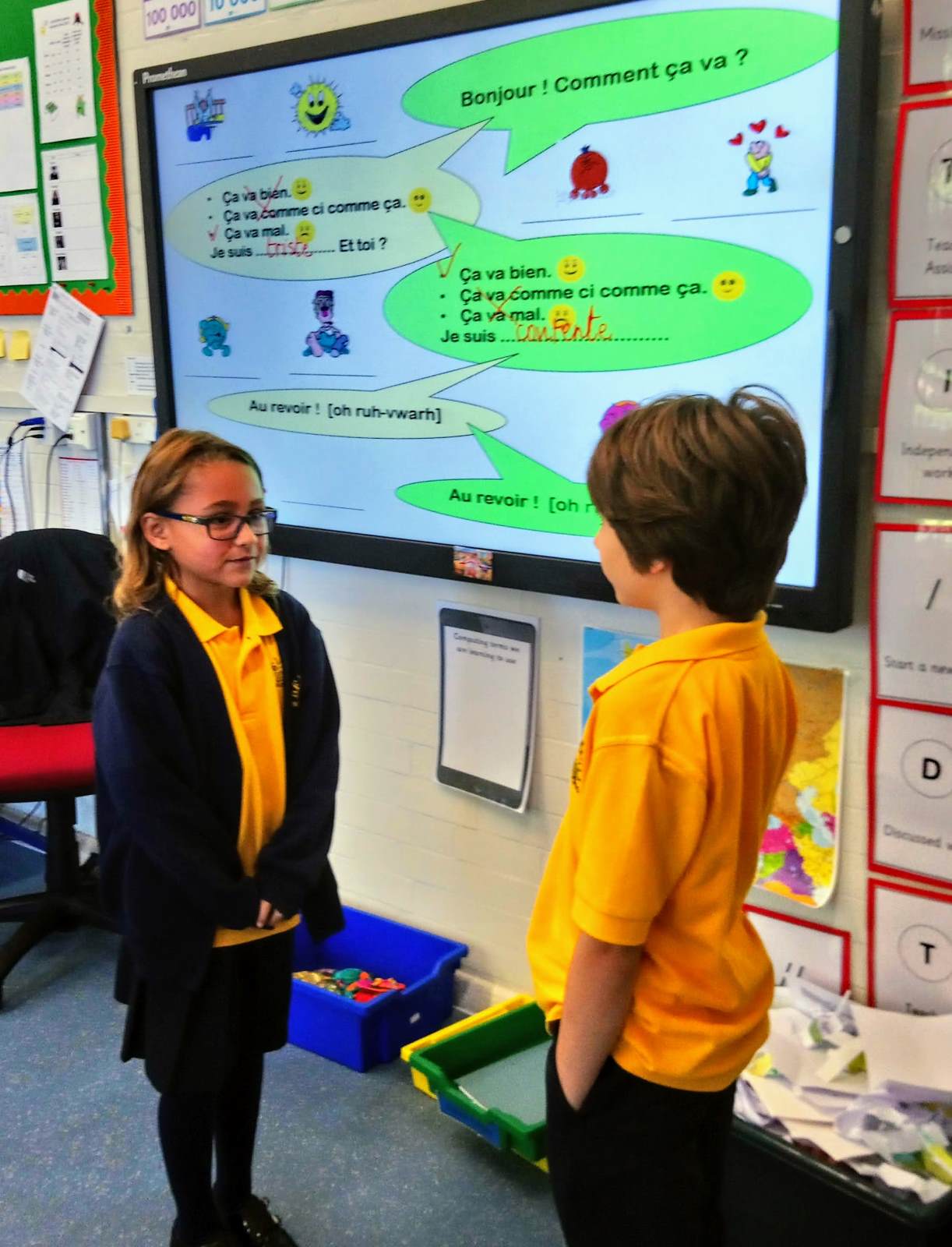
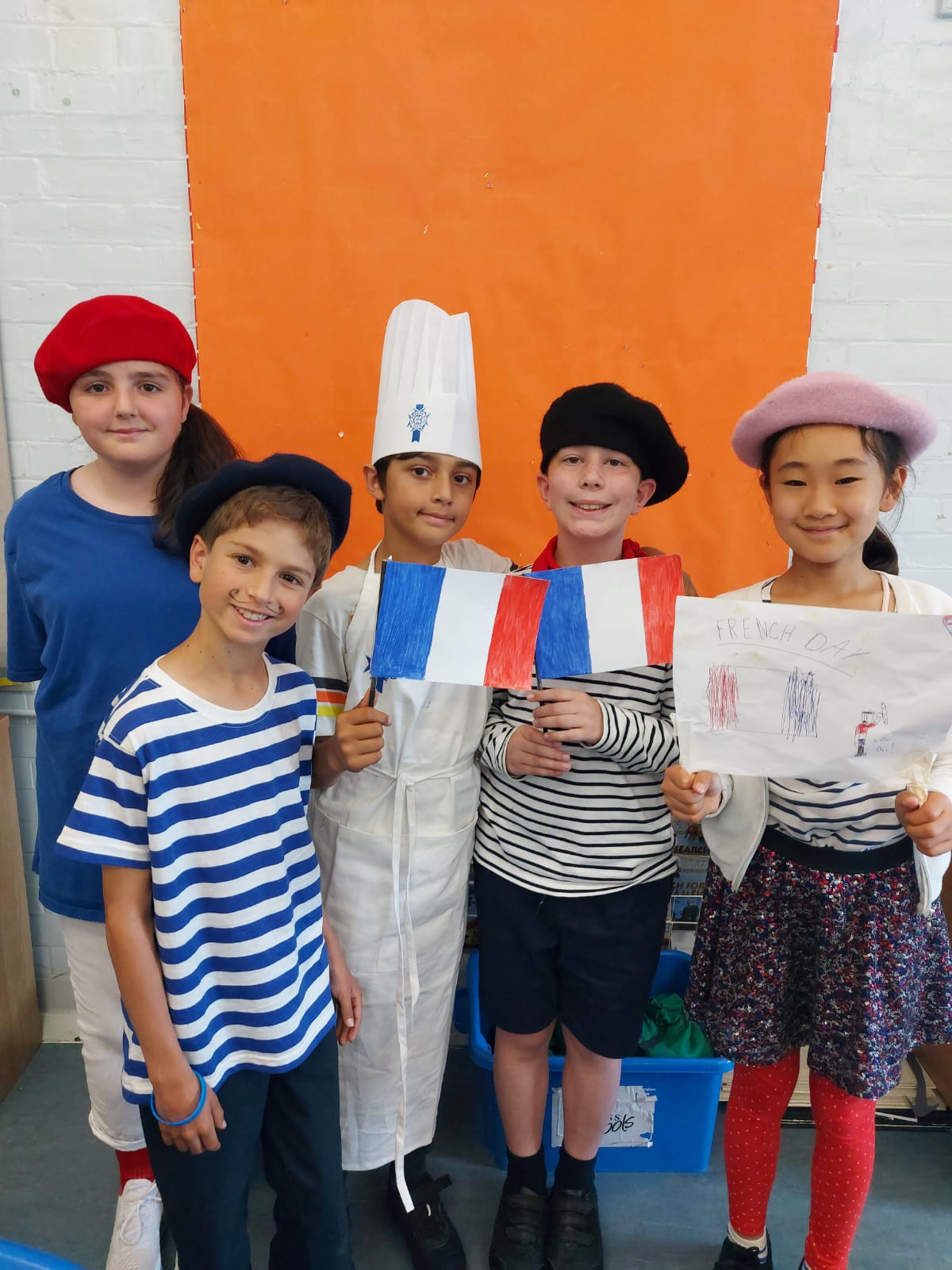
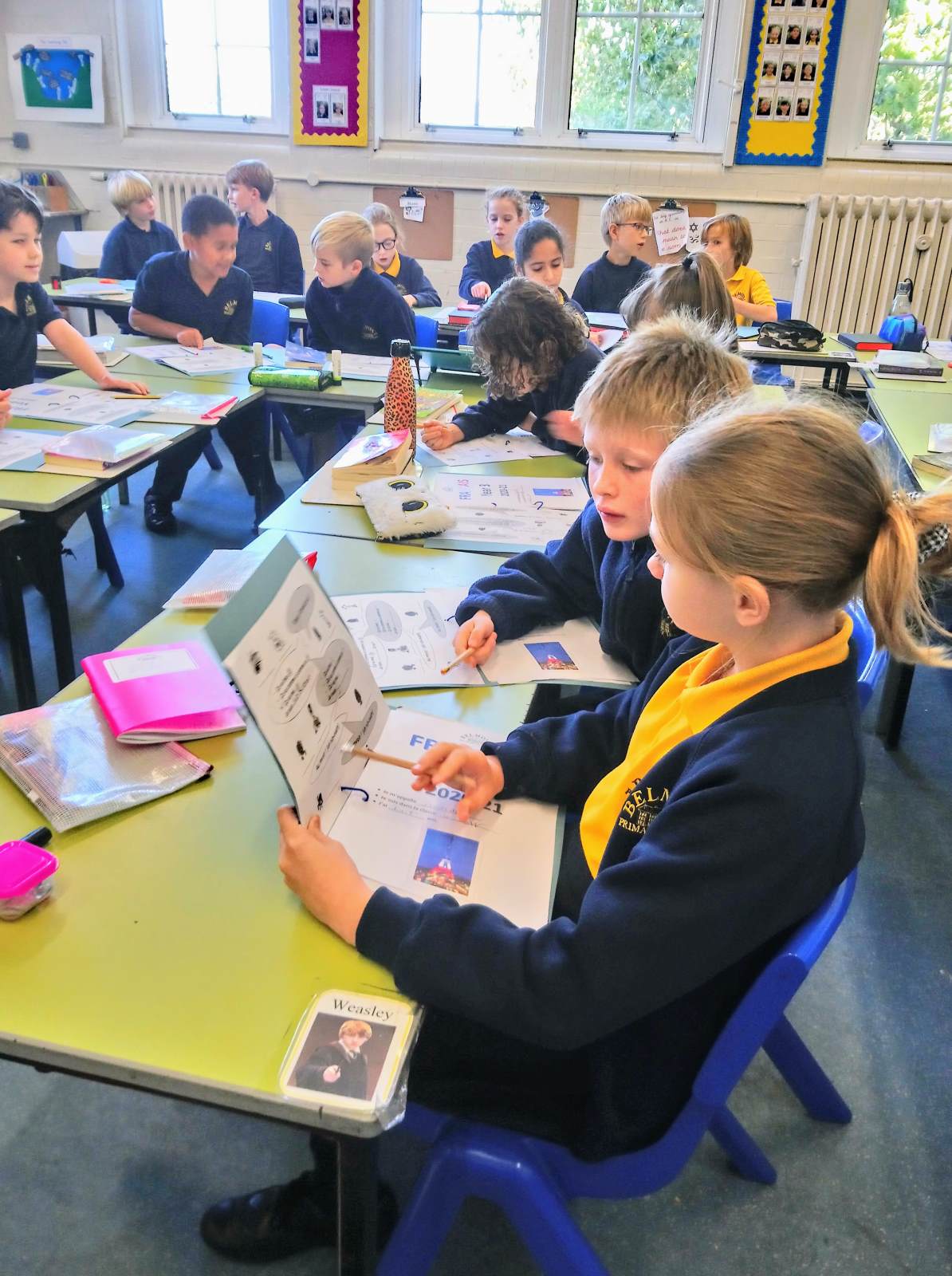
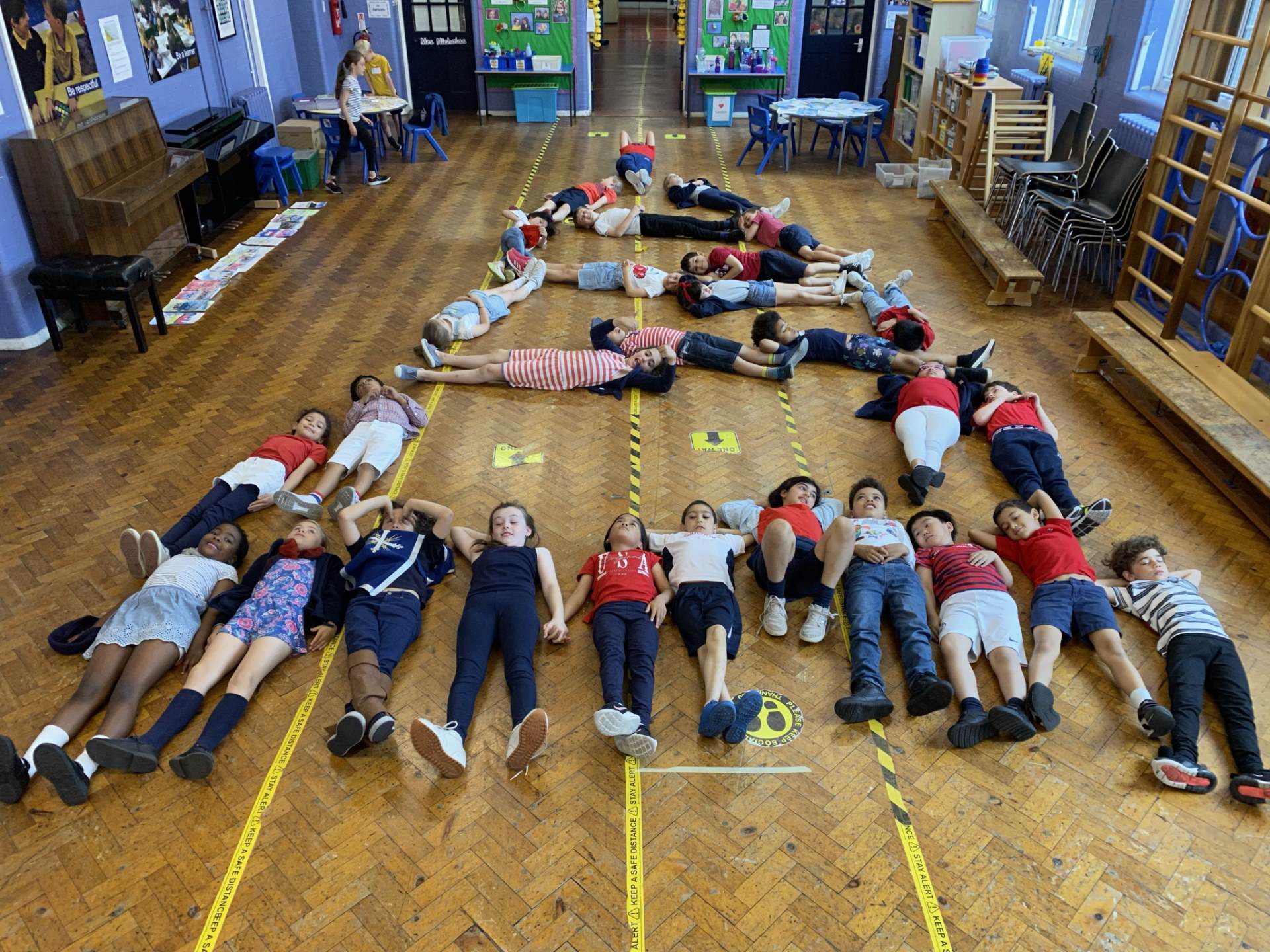
Policy
Please refer to our Policies and Procedures page.

